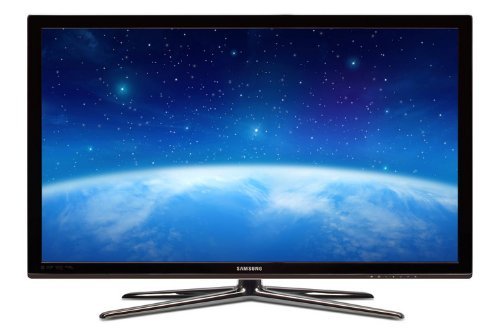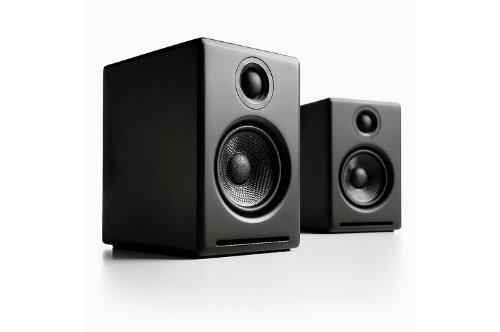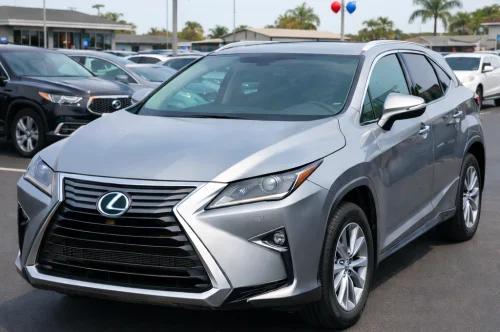What to Consider Before You Buy a Home Inverter.

We wouldn’t be exaggerating if we said electricity is an important need of man that is essential to our survival today. Now, some people might argue that man survived before electricity was invented and they would be right. But now that we have it, we have come to rely on it so much that it has become essential. However, in Nigeria, if there is something we are used to, it is epileptic or insufficient power supply. And to combat that, many Nigerians have taken to finding alternative sources of electricity, including the good-old generator, solar panels and inverters. But for the purpose of this post, we will be focusing only on home inverters.
Now, the reason you will think to buy a home inverter is to serve you when there is no power supply from the Disco serving your area. But imagine getting one and it amounts to a wasted effort because you got the wrong one. That’s what this post is trying to prevent by showing you what you need to consider before you buy a home inverter. So, here are the things to look out for when buying an inverter.
Electrical Supply
Some areas enjoy electricity more than others and so, power demands differ from area to area. For instance, if you live in an area where you get power for 6 hours a day, you cannot compare your power demands with another home in an area where they get 12 hours power supply per day. So you should consider this in determining the kind of inverter to get.
Your Power Requirement
Just like generators, you will need to determine your power consumption. Some people just need the extra power supply to power things like bulbs, fans, TV and probably recharge their devices as well. Some other people need to power heavier appliances like the refrigerator, blender, electric kettle or washing machine. So, it depends on what you consider important. But it goes without saying that you will need to get an inverter with higher VA ratings (we will discuss the VA ratings next) if you are planning to power heavier appliances.
VA Ratings
The VA here stands for Volt Ampere, and the VA ratings of an inverter battery is basically the current and voltage supplied by the inverter to power your appliances. Now, your appliances consume power - as opposed to the inverter and other sources of electricity that provide power - and are rated in Watts. In an ideal situation, the power supplied by the inverter will be the same as the power consumed by your appliances. But ideal situations only happen in an utopia; we hardly experience them. So, you need to accept that you will hardly get an inverter that works in the perfect capacity (100% power factor). Having said that, how do you get the inverter that would be good for you? You do that by adding up the watts of all the appliances you are planning to power and divide by the power factor of the inverter.
For instance, if you are powering 4 bulbs of 60 watts each, two fans of 70 watts each, a TV of 120 watts, your required total watts will be as explained below;
Four bulbs - 60 x 4 = 240
Two fans - 70 x 2 = 140
One TV = 120
240 + 140 + 120 = 500
So your power requirement is 500 watts and then you divide what you have with the average power factor you are likely to find (70% or 0.7) to find the VA ratings.
500/0.7 will give you 714.3. Therefore, a home like this can consider buying an inverter with 800 VA.
To wrap things up, remember that you will need after-sale support because servicing an inverter is better left to experts. So, look out for brands that provide a warranty and also have a large service network that you can access anytime there is a need to service or repair your inverter. Now that you know what to watch out for before you buy a home inverter, bet you will be able to recognise the best inverter for you.







